Description
Lightening dark areas and unifying skin color Complete removal of blackheads in the nose and cheeks area.
- Effectively narrows the wide pores in your skin.
- It has an effective effect in regulating oily secretions in the skin.
- Acretin cream contains the active ingredient tretinoin, which is a form of Vitamin A, which is used to treat and prevent acne.
- It also has a significant effect in reducing wrinkles.
- It exfoliates and stimulates the skin to renew cells, thus restoring the skin’s freshness.
- It may be used for pigmentation and skin lightening, as it removes the layer of dead cells and helps the body form new cells.
- Acartin can be utilized to lighten the knees and elbows, for its effectiveness in getting rid of dead cells.
- Its results begin to appear after using it for a period of 8 to 12 weeks.
What Tretinoin is used for:
- Tretinoin is a medicine that is used for the treatment of acne vulgaris; an inflammatory skin disorder that is known as common acne and that is caused by hair follicles that become plugged with oil and dead skin cells causing blackheads, whiteheads, or pimples.
- The safety and efficacy of the long-term use of this medicine in the treatment of other disease have not been established.
Do not use Tretinoin:
- If you have an allergy to Tretinoin or any of the ingredients present in this product.
Warnings and Precautions:
- Stop the medication right away and talk to your doctor or pharmacist if you develop any allergic or skin reactions to any of the ingredients present in this gel such as skin itchiness, skin redness, shortness of breath, skin rash, swelling of the face or neck, decreased blood pressure and dizziness.
- This medicine is designed for external topical use only. Do not swallow this product.
- Keep the tube tightly closed.
- This medicine may cause redness, swelling, crusting and peeling at the site of application.
- Some patients may also find that their skin starts to take on a blush.
- These skin reactions do not occur with all patients and are more likely to happen during the first days of treatment and usually subside when your skin starts adapting to the medicine (within 2 to 4 weeks).
- You can minimize the risk of experiencing these side effects by strictly following the instructions provided.
- Talk to your doctor if your skin reactions are bothering you or if they do not subside after some time, your doctor may recommend that you use this medicine less frequently, or to completely stop using it.
- Tretinoin may cause severe irritation on skin body areas that are affected with eczema (skin condition that causes itching and redness) and therefore should be used with extreme caution if you suffer from this skin condition.
- Tretinoin may cause a change in your skin color which usually goes back to normal when you stop using it or when your skin adapts to it.
- Do not share your medicine with others.
- Do not apply this product to wounded skin.
- Excessive natural or artificial sunlight exposure may increase the risk of sun burning.
- It may also cause premature aging and skin cancer if exposed over many years. The risk of developing these side effects vary depending on the climate, skin type, and the care followed to prevent being over exposed to the sun. The risk of sunburn and developing other skin problems is higher when you are using this medicine as it can make your skin more sensitive to sunlight. Therefore, it is very important that you avoid being exposed to sunlight and sunlamps when using this medicine.
- Make sure to apply a protective sunscreen when outside (even on hazy days) if you cannot avoid being exposed to sunlight or sunlamps. Ask your doctor about the best sunscreen SPF level that you need to apply before sunlight exposure. In case of prolonged sun exposure, you should also wear protective clothing (e.g. a hat).
- Do not get exposed to artificial sunlamps when using this medicine.
- The skin is at risk of burns or dryness in extreme weather conditions such as cold or wind.
- Your skin may be even more easily irritated in extreme weather conditions, when being treated with tretinoin.
- Your doctor can advise you on how to manage your treatment under these conditions.
- Make sure not to use this product if you are sunburnt until your sunburn completely recovers.
- You may notice an appearance of new blemishes (papules and pustules) after 3 to 6 weeks of starting this medicine.
- It is very important that you keep on using the medicine at this stage.
- If tretinoin is going to help in reducing your acne, you should see a continued improvement in your skin appearance after 6 to 12 weeks of treatment.
- Be patient and do not be discouraged if you do not notice any immediate improvement.
- Do not stop using your cream at the first signs of skin improvement.
- You should continue using the medicine until your doctor tells you to stop.
- Make sure not to use harsh scrubs, skin cleansers, medicated soaps or cosmetic products that contain alcohol in order to prevent excessive dryness or skin irritation.
Possible side effects:
- Common side effects include skin burning or stinging, skin warmth, tingling, itching, dry skin, excessive skin redness, skin edema (fluids build-up), peeling of the skin, blistered skin, crusted skin, temporary change in color of the treated skin area (increased or decreased skin coloring) and increased sensitivity to sunlight.
- These skin reactions usually subside when you stop using the medicine.
Other medicines and Tretinoin:
- Tell your doctor or pharmacist if you are taking, have recently taken or might take any other medications including topical products.
- If you are using other topical medications, medicated or abrasive soaps/ cleansers, soaps and cosmetics (especially if they contain high concentrations of astringents, alcohol, spices or lime).
- If you are using topical products containing resorcinol, sulfur, or salicylic acid (other topical medicines used for some skin problems).
- Do not use any of the listed products mentioned in this section when using Tretinoin and do not use any other medicines to treat your Acne without asking your doctor.
- The use of these products with Tretinoin may increase the risk of undesirable side effects like excessive skin redness, dryness or peeling. Follow your doctor’s recommendations.
How to use Tretinoin:
- Wash your skin gently with a mild, bland non-medicated soap two to three times daily and then pat skin dry with a towel.
- Let your skin dry 20 to 30 minutes before you apply the medicine.
- Avoid washing the affected area frequently and do not use harsh scrubs.
- Acne is not caused by dirt, therefore excessive washing and scrubbing will not remove it.
- Very frequent washing or very rough scrubbing may actually worsen your acne.
- Make sure that you use your cream exactly as prescribed by your doctor in order to get the best results. Be patient during your treatment as this medicine may take some time to start showing effect.
- Many patients have started seeing effects 12 weeks after starting the medicine.
- Therefore, it is very important not to follow the instructions provided for other products or by your friends and not to stop using your medicine without talking to your doctor first.
- Apply your tretinoin cream once daily before bedtime, or as directed by your doctor.
- Your doctor may recommend, particularly if you have a sensitive skin, that you apply tretinoin every other night during the start of your therapy.
- First, start by washing the skin with a mild soap and dry your skin gently.
- Then, wait 20 to 30 minutes before you apply the cream to allow your skin to be completely dry in order to reduce possible skin irritation.
- To apply tretinoin cream, squeeze around a half inch or less of medication onto your fingertip.
- After you gain some experience with the cream you may see that you should apply slightly more or less to apply enough of the medicine on your whole face.
- The cream applied is expected to become invisible almost immediately.
- If the cream is still visible, you are applying more than you should. In order to lightly cover the affected skin area with tretinoin cream, start by dabbing it on your chin, forehead and both cheeks, then spreading it over the whole affected skin area, then smooth the applied cream gently into your skin.
- It is advised that you use a non-comedogenic (a product that does not worsen acne) moisturizer or a non-comedogenic moisturizer with sunscreen every morning after washing your skin.
- Avoid contact of the cream with your eyes, mouth, angles of the nose and mucous membranes in order to avoid irritation (redness or peeling) at the site of application.
How to store Tretinoin:
- Keep out of the reach of children and pets
- Store in a dry place at room temperature (25°C). Brief storage at 15-30°C is permitted.
- Do not use beyond the expiry date mentioned on the cream
- Keep medication in its original pack to protect it from moisture and light
- Do not dispose medication in the wastewater or household waste

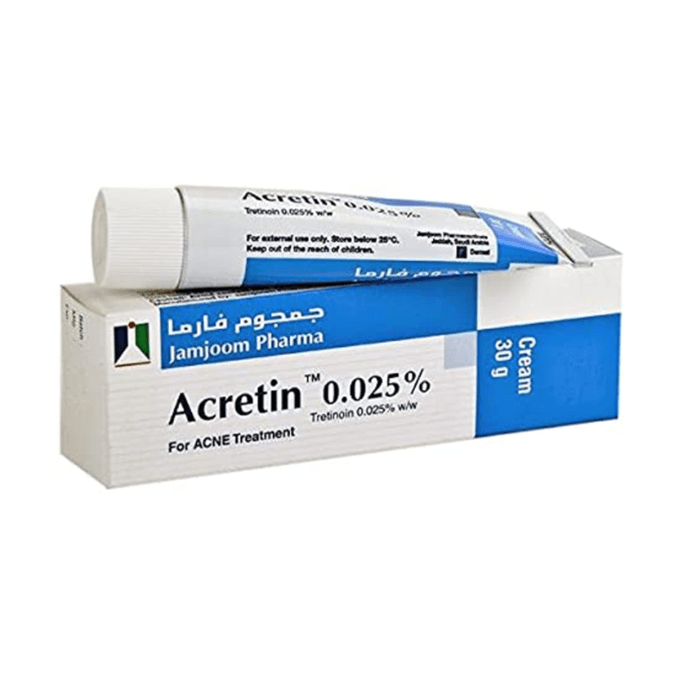

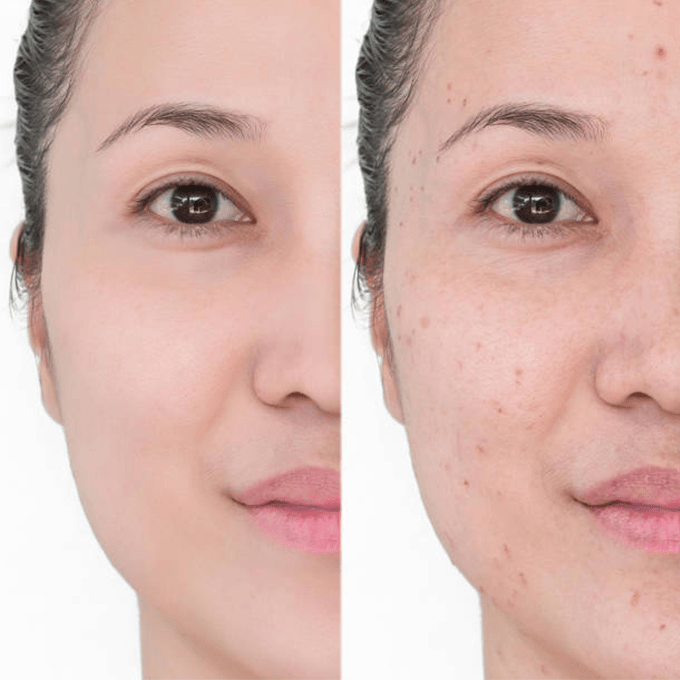

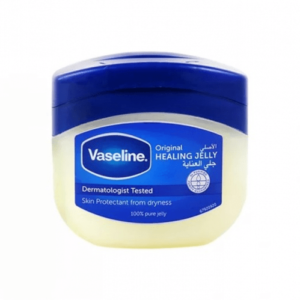
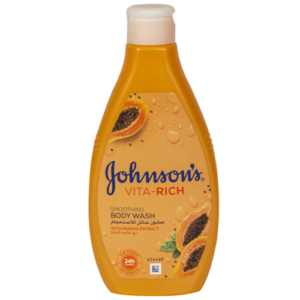
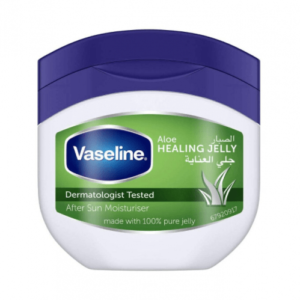
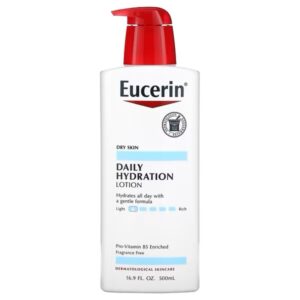
Reviews
There are no reviews yet.